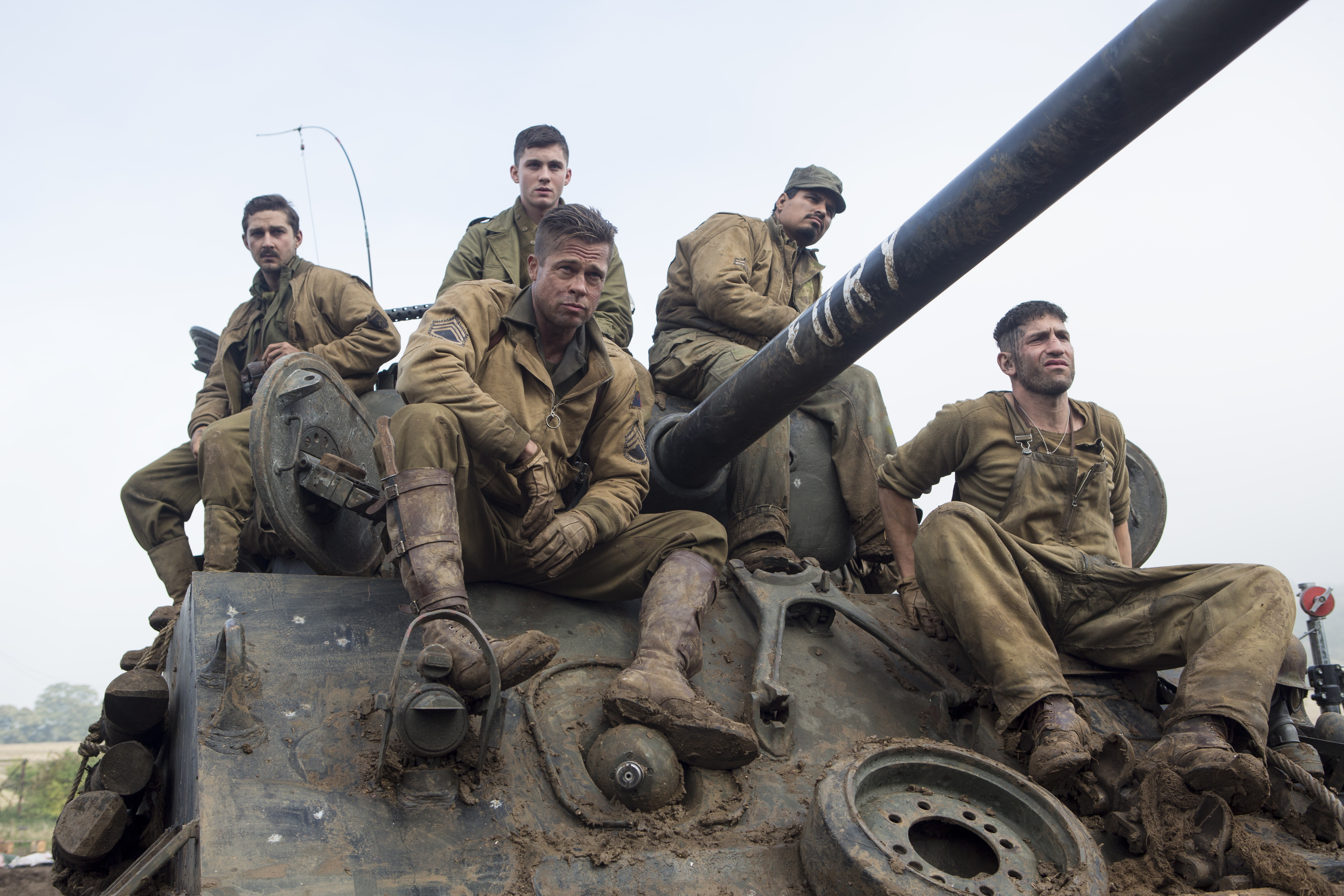A friend who is amused by my own wandering spiritual path in the last half decade asked about the faith/religion/spirituality of my six kids.
My response was a smirk that turned into a laugh.
"Six kids, six spiritual paths. That's for sure."
Right now (things could change as I am writing this) five of my kids are some flavor of Christianity and one is an agnostic, possibly agnostic about being an agnostic. In age order here is what I know as of now.
My oldest daughter is a fairly conservative Presbyterian who attends a Church near her home where the pastor is her Godfather. My friend Stanley Morton and I both were Evangelicals in the 80s and became Presbyterians in the early 2000s. Stanley went on to become a Presbyterian pastor. Stanley is the Godfather of both of my birth daughters and my youngest son.
(Both of birth daughters attended various churches with me as kids and very occasionally went to the Unitarian Universalist Church. Their mom described herself as a lapsed Unitarian and did not often exercise her right in the divorce decree to take the girls to her church.)
My stepdaughter is tolerant and accepting of people of religious faith, but does not believe in God herself and is also the calmest of my six kids. I don't know if there is correlation or causation. When the girls were all in high school, my daughters were insanely competitive. My stepdaughter was between them in age and sometimes between them in fact, the calming influence that kept them from killing each other.
My younger daughter was baptized into the Catholic Church last weekend. My youngest son and I flew out to see the ceremony. The Church in which the ceremony took place is theologically conservative. She is the only one of my six kids to go on a Birthright trip or do anything Jewish. She also was deeper into Eastern mysticism than the other kids and at one point seemed convinced of biological determinism--we have no free will, our genes determine our actions. She now attends mass three times per week.
My adopted daughter grew up Catholic, attending a Catholic school and Church. She is currently a conservative Evangelical as is her husband.
My older adopted son could be described as the most religious of the kids in the sense that he has been baptized and converted three times. He has religious moments and hours, but then returns to living the "chill" life he prefers.
My youngest son attends Church when he is with any of his siblings who attend Church but does not when he is on his own. He likes his Godfather Stanley's Church the best and attends there when he is in Richmond.
But wait! There's more!
Having said six kids, I realized even the number is not definite. In addition to the three birth kids and three adopted kids, we had a host daughter who lived with us for almost two years on a break between college and medical school. She had arrived at Franklin and Marshall College as a freshman not a believer. By graduation, she was the head of InterVarsity Christian Fellowship at the college. Her family was not pleased. But they were reconciled and she went to medical school. This week she begins a three-year residency in Georgia and considers medicine her ministry.









